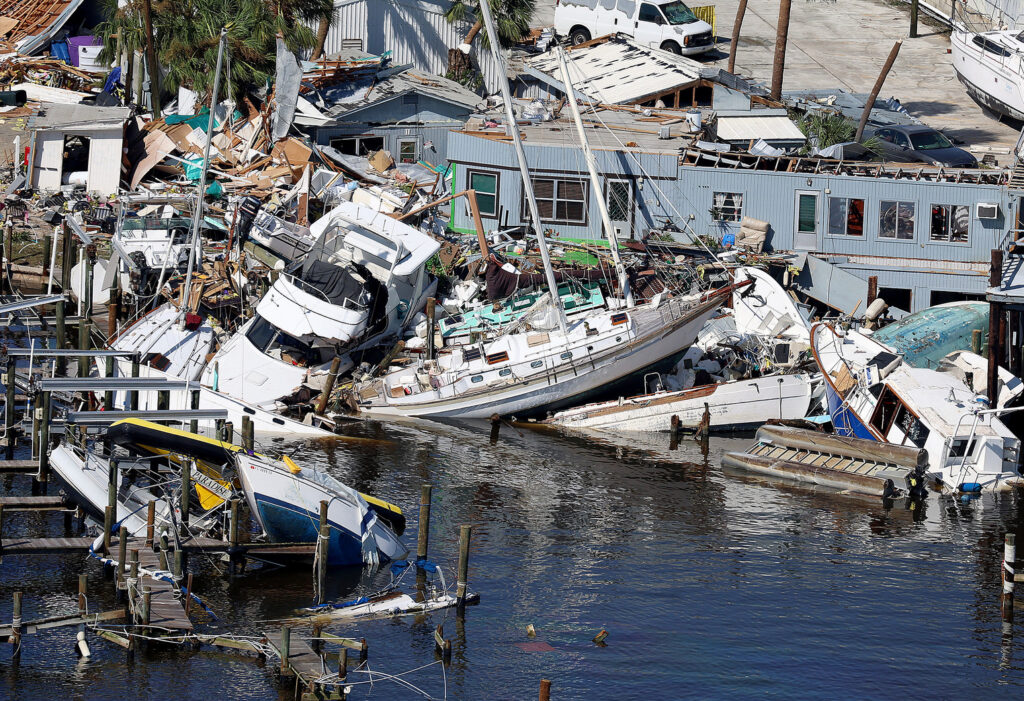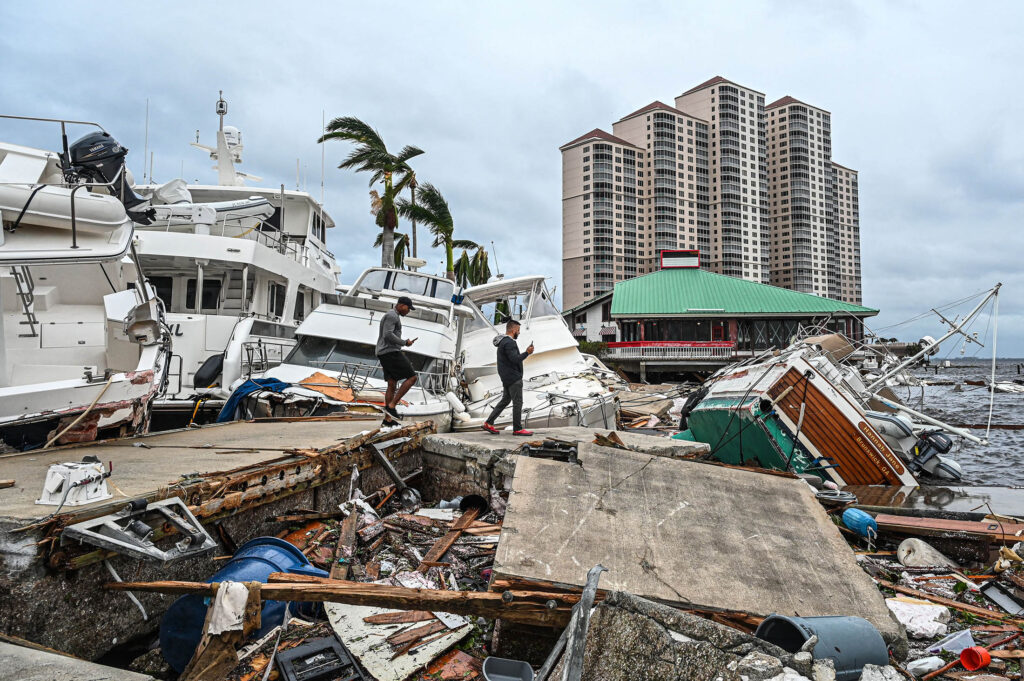A Florida hurricane is a significant event that residents and visitors alike must prepare for and understand thoroughly. Hurricanes in Florida are more than just a weather phenomenon; they represent a serious threat that can impact lives, property, and the environment. This article will delve into the intricacies of Florida hurricanes, offering insights into their formation, effects, and essential preparedness strategies.
What is a Florida Hurricane?
A Florida hurricane is a powerful tropical cyclone that forms over warm ocean waters in the Atlantic Ocean and affects the state of Florida. These storms are characterized by strong winds, heavy rain, and storm surges, which can lead to significant damage. Understanding what constitutes a Florida hurricane is crucial for effective preparation and response.
The Formation of a Florida Hurricane
The formation of a Florida hurricane begins with warm ocean waters that provide the necessary heat and moisture. This warm water evaporates, creating a low-pressure system. As the system strengthens, it can develop into a tropical storm and eventually a hurricane if conditions remain favorable. In Florida, hurricanes typically form from June to November, which is known as hurricane season.
Categories of Florida Hurricanes
Florida hurricanes are classified into categories based on their wind speeds and potential for damage. The Saffir-Simpson scale is used for this purpose:
- Category 1: Winds from 74 to 95 mph. Damage is minimal but can include roof and siding damage.
- Category 2: Winds from 96 to 110 mph. Significant damage to homes, especially to roofs and windows.
- Category 3: Winds from 111 to 129 mph. Extensive damage to structures and possible inland flooding.
- Category 4: Winds from 130 to 156 mph. Catastrophic damage with severe flooding and wind damage.
- Category 5: Winds 157 mph and above. Devastating damage, with most structures being severely impacted.
The Impact of a Florida Hurricane
The impact of a Florida hurricane can be devastating, affecting everything from homes and infrastructure to natural landscapes. Understanding these impacts helps in preparing and responding effectively.
Wind Damage
One of the most immediate effects of a Florida hurricane is wind damage. High winds can uproot trees, damage power lines, and cause significant structural damage to buildings. In severe cases, entire neighborhoods can be left without power or water.
Flooding
Flooding is another critical concern during a Florida hurricane. Heavy rainfall can lead to storm surges and river flooding, which can inundate streets, homes, and businesses. Floodwaters can also cause contamination of drinking water and pose health risks.
Storm Surge
Storm surge is a significant hazard associated with a Florida hurricane. This phenomenon involves the rise in sea level caused by the storm’s winds pushing water ashore. It can lead to coastal flooding and severe damage to waterfront properties.
Environmental Impact
Florida hurricanes also impact the environment. They can lead to erosion of beaches, damage to coastal ecosystems, and disrupt wildlife habitats. Long-term recovery for natural areas can be slow and challenging.
Preparing for a Florida Hurricane
Preparation is key to minimizing the impact of a Florida hurricane. Being proactive and having a plan in place can make a significant difference in your safety and recovery.
Creating a Hurricane Plan
Developing a comprehensive hurricane plan is essential. This should include evacuation routes, communication strategies, and emergency contact information. Make sure all family members are aware of the plan and understand their roles.
Building a Hurricane Kit
A well-stocked hurricane kit is crucial for surviving a Florida hurricane. Your kit should include essentials such as:
- Non-perishable food and water for at least three days
- Battery-powered or hand-crank radio
- Flashlights and extra batteries
- First-aid supplies
- Medications and personal hygiene items
- Important documents and cash

Securing Your Home
Securing your home before a Florida hurricane can help prevent extensive damage. Reinforce windows and doors, secure loose objects, and clear gutters and drains. If you live in a flood-prone area, consider elevating electrical systems and installing flood barriers.
Responding During a Florida Hurricane
During a Florida hurricane, it’s vital to follow safety guidelines to protect yourself and your family. Staying informed and taking appropriate actions can help ensure your safety.
Monitoring Weather Updates
Keep track of weather updates from reliable sources such as the National Hurricane Center or local news channels. Follow evacuation orders and advisories to stay safe.
Staying Indoors
Stay indoors during the hurricane to avoid injury from flying debris or structural damage. Avoid using electrical appliances and stay away from windows and doors.
Safety Precautions
If you are in a hurricane shelter, follow all instructions given by shelter personnel. If you must evacuate, do so calmly and follow the recommended routes.
Recovering After a Florida Hurricane
Recovery from a Florida hurricane can be a lengthy process, but knowing what to expect and how to proceed can help.
Assessing Damage
After the storm passes, assess the damage to your property safely. Look for hazards such as gas leaks or downed power lines. Document the damage for insurance purposes and contact your insurance company as soon as possible.
Cleaning Up
Begin the cleanup process only when it is safe to do so. Wear protective gear and take care when removing debris. Be cautious of mold growth and potential health hazards.
Seeking Assistance
In the aftermath of a Florida hurricane, there may be local and federal resources available to assist with recovery efforts. Look for support from organizations like the Red Cross, FEMA, and local disaster relief agencies.
Conclusion
Understanding and preparing for a Florida hurricane is essential for ensuring safety and minimizing damage. By knowing how these storms form, their impacts, and the necessary precautions, you can better protect yourself and your property. Remember, the key to dealing with a Florida hurricane is preparation, vigilance, and prompt action. Stay informed, follow safety guidelines, and work towards recovery with resilience and support from your community.



